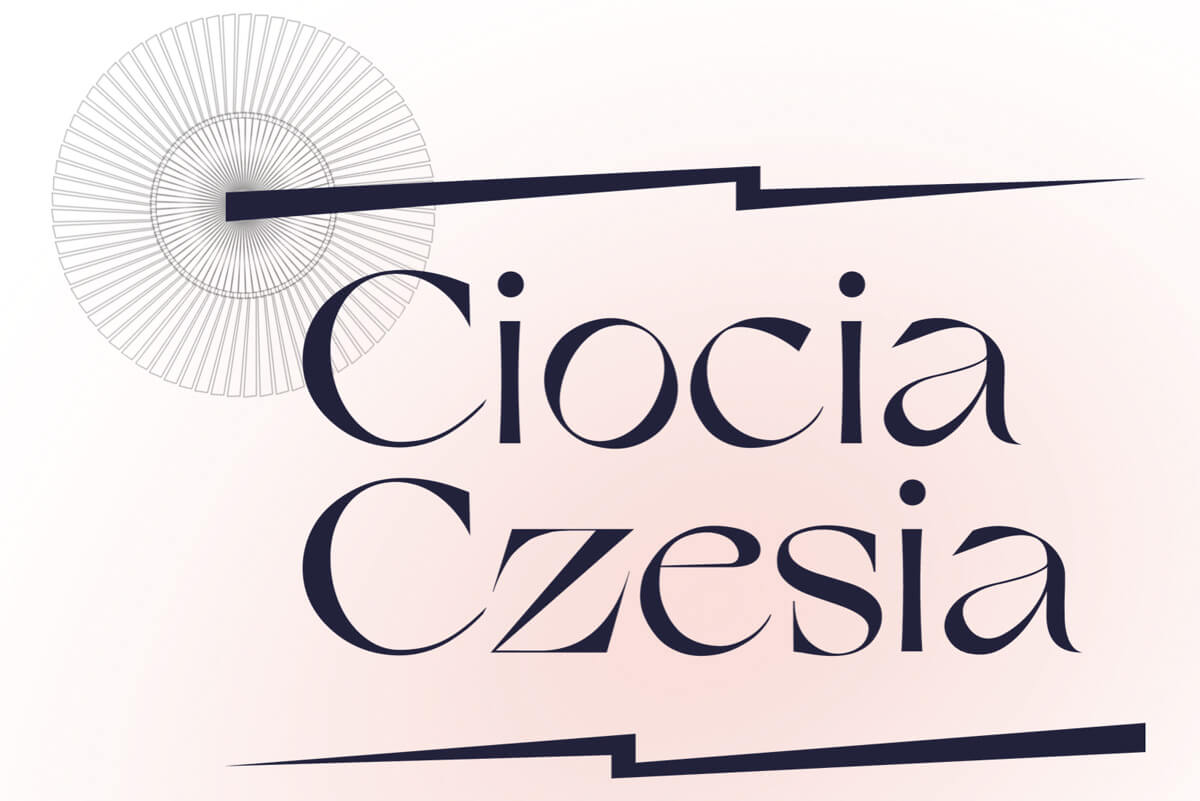
Eva was waiting in a dimly lit parking lot near the Czech-Polish border at 4 a.m. for someone she’d never met. “It was empty and dark,” Eva recalled about the unusual mid-pandemic encounter, adding that she kept her colleague on the phone for safety.
Eventually, a figure exited a taxi and clambered into Eva’s car — a woman from Poland, who had traveled to the neighboring Czech Republic for an abortion. With just hours to spare before the appointment, Ptašková listened to the woman recount her life story as they drove through the night. It was the first time the Polish woman, who was already a mother to a young baby, had left her homeland.
“I started telling her how the fact that she has come here, and the fact that she wants to do this, is a good enough reason for me and a good enough reason for anybody,” Eva said. “If she feels this is the right choice for her family and she needs to do this, it’s fine.” At this point, Eva noticed her passenger was sobbing. “I realized nobody [had ever] told her this,” she said. “There’s nobody she could talk to and hear any kind of encouragement.” The moment stuck with her as a member of Ciocia Czesia, a volunteer-led organization that helps Polish women secure safe abortions in the Czech Republic, laying bare the desperation behind Poland’s draconian abortion laws and the stigma surrounding the topic just beyond the border.
Ciocia Czesia is a grassroots network that has filled the void. In the Czech Republic, where abortions are legal for up to 12 weeks, Ciocia Czesia works as a crucial conduit between Polish women seeking abortion and vetted abortion clinics across the Czech Republic with Polish-speaking staff. The group also provides step-by-step guidance, emotional support, and financial assistance when needed.
‘Ciocia’ is the Czech word for ‘aunty’. Dedicated to offering judgment-free support, Ciocia Czesia has often served as the only option. “They just feel so alone because it’s so incredibly stigmatized, and they’re made to believe that they’re doing something illegal and absolutely horrendous,” Eva added, explaining many come from rural areas in Poland where they have no one to confide in.
The group has received over 5,000 enquiries since 2020, helping as many as 150 people in a single month.
SOURCE: More to Her Story, by Tamara Davison, 29 April 2025



